
After the U.S. Court of Appeals for the 10th Circuit denied the cities’ request for a stay, the FCC’s Declaratory Ruling and Third Report and Order on small cell deployment went into effect on January 15, 2019.
Known as the September Small Cell Order, the item states that fees charged by a municipality for applications or rent must be limited to costs or they may be deemed as “effective prohibitions of service.” Aesthetic and undergrounding requirements may also be deemed to be a prohibition of service of small cell deployment. Additionally, it established new small cell shot clocks and codified previous ones, as well.
However, the courtroom drama is not over. In a second order, the 10th Circuit remanded the cities’ motion to review their petitions against the September Order back to the U.S. Court of Appeals for the 9th Circuit.
The 9th Circuit was already considering a lawsuit against the FCC’s Order banning municipal moratoria, which is basically part of the same rulemaking as the Small Cell Order. So with the transfer, both the moratoria and the Small Cell Order will be examined by the same court.
Which circuit rules on an appeal can have a big impact on the final outcome of the case. The 9th Circuit could turn out to be more supportive of the cities’ point of view as numerous 9th Circuits’ precedents were overruled by the FCC’s Small Cell Order.
Section 253 of the Telecommunications Act states that local regulations may not prohibit telecommunications services. The FCC Small Cell Order attempted to expand upon the definition of what would be deemed as a prohibition.
Another wrinkle in this case, the FCC currently does not have a lawyer working on this with the partial government shutdown. If it is not reopened in time, the Dept. of Justice will argue the case.
Congressional Involvement
The cities have also taken their fight against the FCC to Capitol Hill. Congresswoman Ana Eshoo introduced the “Accelerating Broadband Development by Empowering Local Communities Act of 2019,’’ on Jan. 14th to preserve the rights of state and local governments, essentially nullifying the September small cell order by the FCC: ‘‘Accelerating Wireless and Wireline Broadband Deployment by Removing Barriers to Infrastructure Investment.
Sean Hughes of Miller, Miller & Canby weighed in, “All interested parties are anxiously watching the Courts and legislative actions that will steer 5G infrastructure development. Nearly all agree that the 5G state of the art technology is desired, the debate really exists about where the 5G equipment can be located, what it can look like and what local governments can charge as the related fees.”
The telecommunications land use attorneys at Miller, Miller & Canby are experienced and entrenched in Maryland, D.C. and Virginia’s 5G Wireless and Small Cells Zoning. Our telecommunications, zoning attorneys and real estate attorneys are closely monitoring the impacts of the FCC order and the efforts of local legislatures to craft small cell legislation in order to be able to advise telecommunications carriers and potential landlords.
Sean P. Hughes is an attorney in Miller, Miller & Canby’s Land Use practice group. His career spans more than two decades of focus in legal and wireless telecommunications and he has represented clients in land use and zoning matters throughout the Mid-Atlantic. To learn more about the firm’s Land Use and Zoning practice, click here.
Cathy Borten is an associate in Miller, Miller & Canby’s real estate practice group. She focuses in commercial real estate transactions and leasing, real estate litigation, land use and zoning and commercial financings and settlements. Cathy has over 10 years' experience in leasing, land use and zoning in the wireless telecommunications industry. Cathy also participated in the drafting of the Montgomery County and City of Gaithersburg original small cell ordinances. To learn more about the firm’s Real Estate practice, click here.

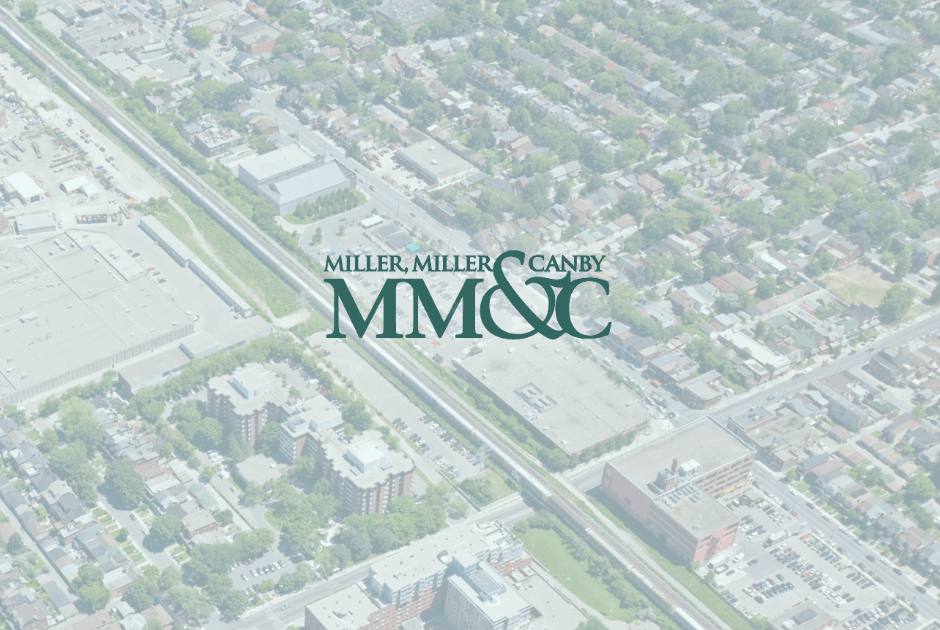
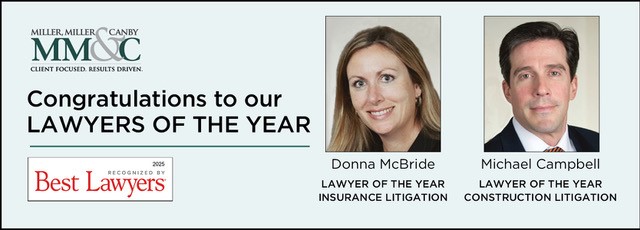


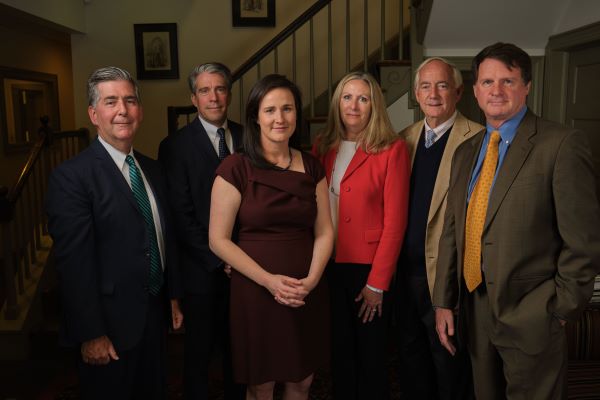

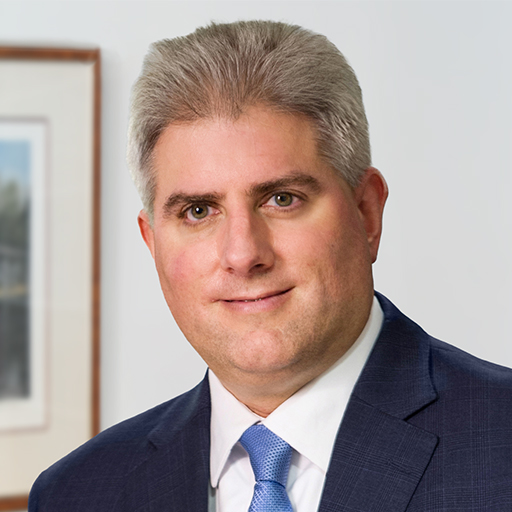
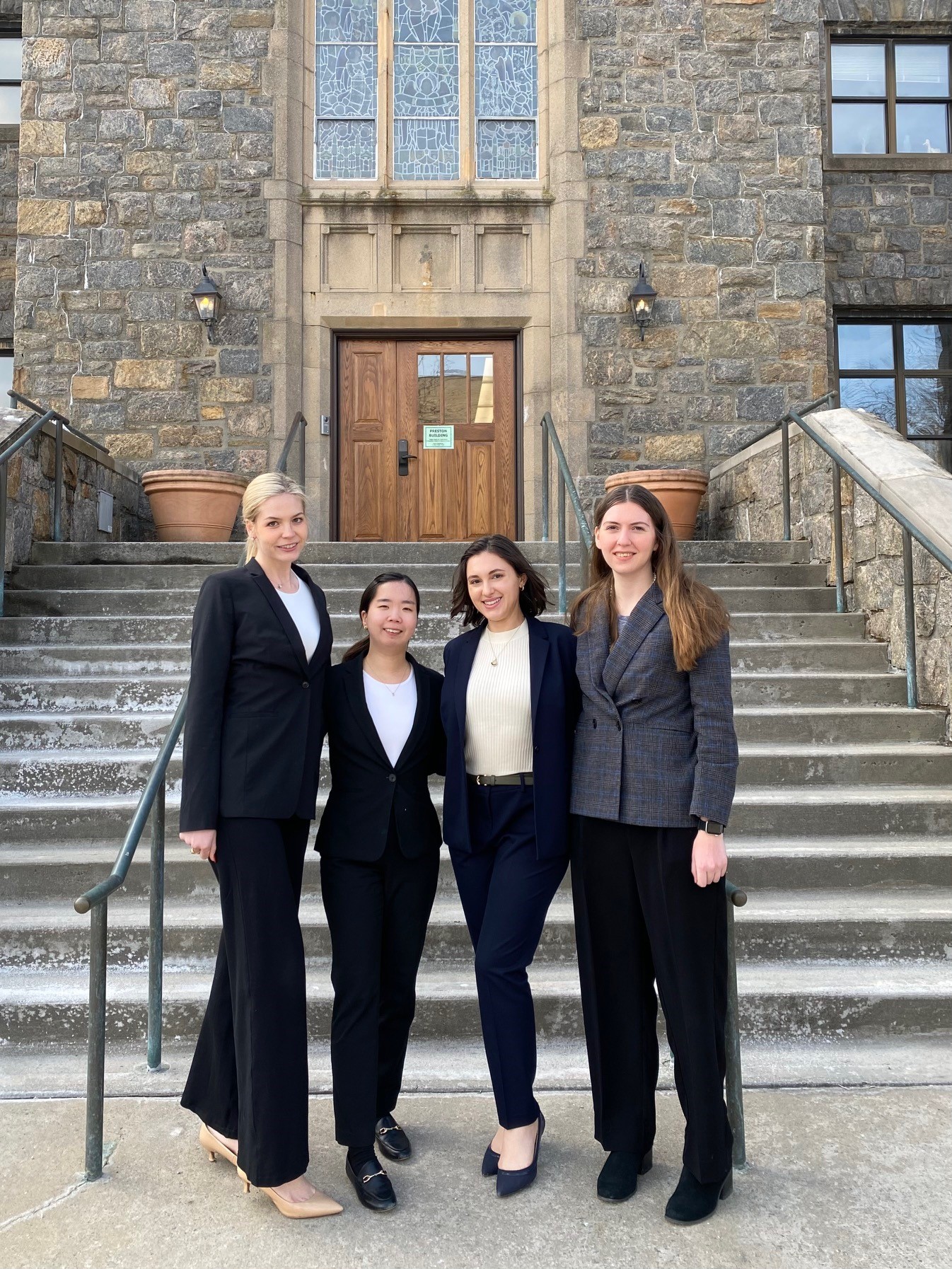
Share this Article: